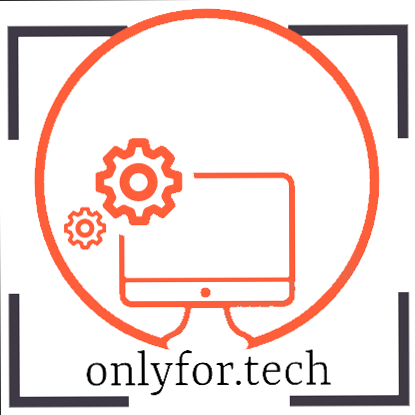comparing Linux and Windows
1. Cost and Licensing
Windows: A paid operating system that requires a license for each device, making it costlier for individuals and businesses.
Linux: Free and open-source, available to download and use at no cost, with the freedom to modify its source code.
2. Stability and Performance
Windows: Despite regular improvements, Windows can occasionally suffer from crashes due to software conflicts or system updates.
Linux: Known for its reliability and often used in servers and large networks, Linux can handle heavy workloads more smoothly.
3. Security
Windows: As one of the most popular OSs, Windows is more vulnerable to viruses and malware, making it a frequent target for hackers.
Linux: Generally more secure, with permission management that limits virus access and widespread use in secure network environments.
4. Customization and Flexibility
Windows: Customization options are somewhat limited, relying mostly on preset system settings provided by Microsoft.
Linux: Highly customizable, allowing users to adjust virtually any part of the system. Different distributions (e.g., Ubuntu, Fedora, Debian) are tailored for various user needs.
5. Software and Application Support
Windows: Supports a wide array of commercial software like Adobe Photoshop and Microsoft Office, and is popular among gamers.
Linux: While there are open-source alternatives, commercial software support is more limited. However, tools like Wine enable running some Windows apps on Linux.
6. User Interface and Experience
Windows: Known for its user-friendly, consistent interface, which is accessible for users with little technical expertise.
Linux: May be challenging for beginners, although some distributions (like Ubuntu) provide easy-to-navigate graphical interfaces.
7. Updates and Maintenance
Windows: Regularly updated by Microsoft, sometimes requiring a restart to install updates.
Linux: Offers flexible update management, where users control updates without typically needing a reboot, ideal for continuous use environments.
Primary Use Cases
Windows: Dominates in personal, educational, and office use, preferred by non-technical users.
Linux: Common in server environments, technical fields, and projects requiring high security and stability, also frequently used in IoT devices.



